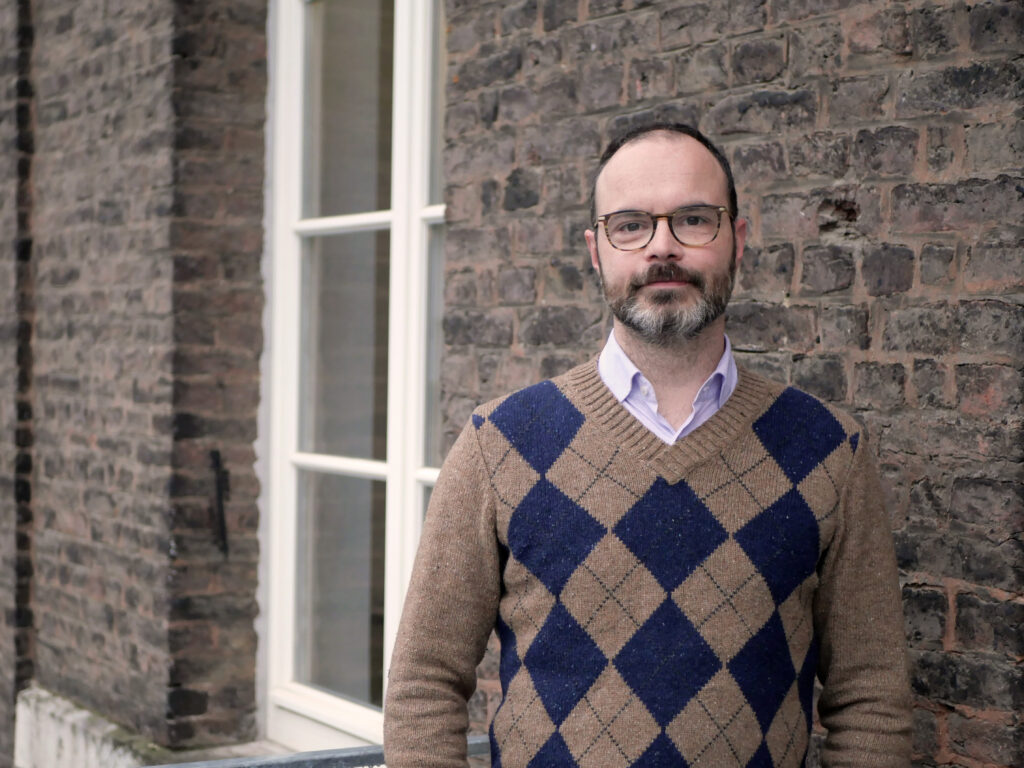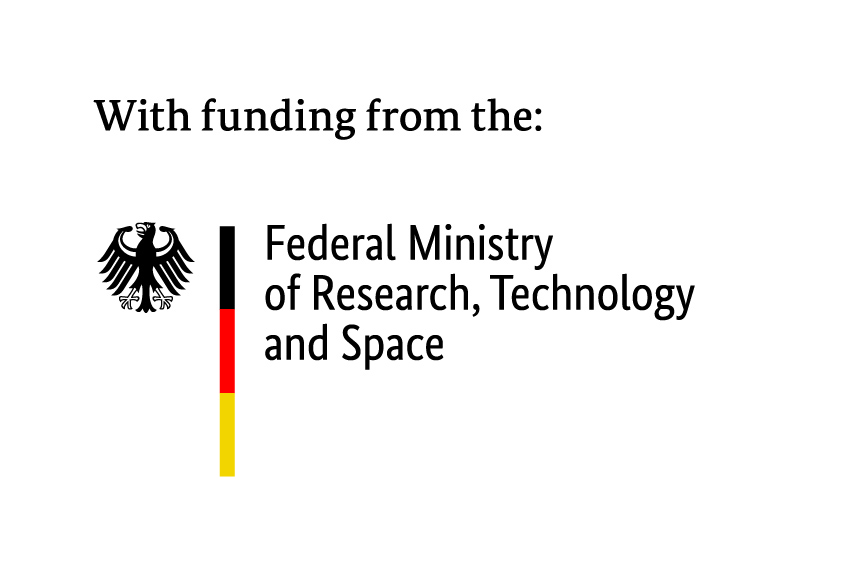c:o/re Senior Fellow 11/23 − 10/24

Bart Penders holds an MSc in Molecular Biology (Radboud University Nijmegen, NL) and a PhD in Science and Technology Studies (Maastricht University, NL). He specializes in the construction and maintenance of the credibility of scientific claims and the networks, allies, tools and procedures scientists employ to that end. This interest has lead him to study moral, social and technical plurality in research integrity, scientific reform and forms of collaboration across a variety of scientific specializations. He currently holds a position as Associate Professor in ‘Biomedicine and Society’ at Maastricht University, from which he is on temporary leave for the duration of his Senior Fellowship at RWTH’s Käte Hamburger Kolleg ‘Cultures of Research’. He has published six books and over a 100 articles, chapters and short communications on these and other topics. Besides work, he has a strong culinary interest, in the preparation, preservation and of course, the enjoyment of food.
Cultures of Reform
Under the label of scientific reform various contemporary debates take place over the right way to conduct scientific inquiry, often framed as arresting or improving declining standards of quality or propriety around knowledge production, communication, and evaluation.
Scientific reform asks scientists to do things differently, actively differently, to distinguish their science from other science, ‘good’ science from bad ‘science’, elevating their approach above previous and other approaches, setting themselves apart. Reform is, however, not a uniform entity, seeking to resolve a singular crisis. The crises of science are articulated in plural terminology, pointing at a variety of logistical, conceptual, political and social problems in science as the reform movement is, despite the seemingly singular label, equally plural. Field (2022) has described the movement as a constellation in an attempt to grasp its confederate character.
As part of my Fellowship I will study this diversity. Reform’s diagnoses of crises, the proposed solutions and the reasons and motivations for them draw from wildly different views on what is considered ‘morally right’ in science. Scientific reform embodies a struggle over values in science –which ones take priority over others and why– and the ways in which these values are actively embedded in science’s sociotechnical infrastructures. Different Cultures of Reform employ different value systems and assign priority and worth in different ways. I will [1] study how collaboration across such value systems is made politically ‘doable’. I will supplement this with [2] an empirical study of a new organization mode of knowledge production, fueled by ‘reform concerns’, the Many Labs approaches. Finally, I will [3] integrate this new work with my previous work into a larger overview of the politics of scientific reform.
Field, S. M. (2022). Charting the Constellation of Science Reform. PhD thesis, University of Groningen, NL.
Publications (selection)
Penders, Bart. 2022. Process and Bureaucracy: Scientific Reform as Civilisation. Bulletin of Science, Technology & Society 42 (4): 107-116.
Penders, Bart & Shaw, David M. 2020. Civil disobedience in scientific authorship: Resistance and insubordination in science. Accountability in Research 27 (6): 347-371.
Penders, Bart, De Rijcke, Sarah & Holbrook, J. Britt. 2020. Science’s moral economy of repair: Replication and the circulation of reference. Accountability in Research 27 (2): 107-113.
Penders, Bart, Holbrook, J. Britt & De Rijcke, Sarah. 2019. Rinse and Repeat: Understanding the Value of Replication across Different Ways of Knowing. Publications 7 (3): 52.
Penders, Bart. 2010. The Diversification of Health. Politics of large-scale cooperation in nutrition science. Bielefeld (D): Transcript Verlag.



